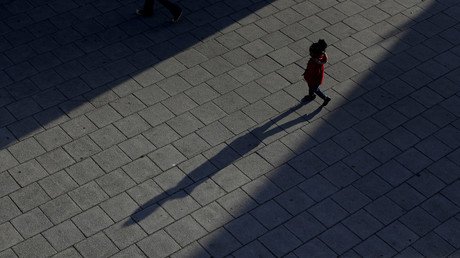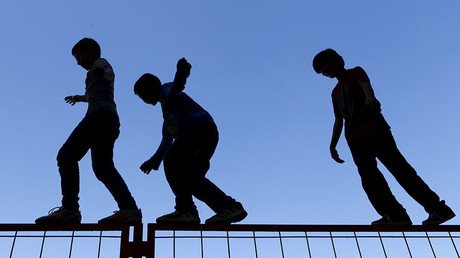Effects of childhood bullying disappear as kids grow up, study reveals

Ground-breaking research into childhood bullying suggests the effects soon disappear as kids get older.
The study, carried out by University College London (UCL), found that although children who experienced bullying between the ages of 11 and 14 suffered mental health issues for up to two years, the effects of the trauma largely wear off by the age of 16.
The findings – published in the journal JAMA Psychiatry – contrast with previous research claiming effects linked to bullying, including problems such as anxiety, depression, hyperactivity and impulsivity, persist over time.
“While our findings show that being bullied leads to detrimental mental health outcomes, they also offer a message of hope by highlighting the potential for resilience,” said the study’s lead author, Dr Jean-Baptiste Pingault, of UCL Psychology & Language Sciences.
“Bullying certainly causes suffering, but the impact on mental health decreases over time, so children are able to recover in the medium term,” Pingault said, according to the Telegraph.
The research was carried out on 11,108 twins to make ensure their mental health issues were not linked to genetics but to the social environment.
He added that besides intervening to prevent bullying from happening in the first place, more should be done to help victims become more resilient on their path to recovery.
It comes as a recent survey revealed 54 percent of young people aged between 12 and 20 have been bullied at some point in their lives.
However, Dr Bonnie Leadbeater from the University of Victoria in British Columbia, who was not involved in the study, cautioned against making any sort of generalizations, saying: “The effects of bullying at age 11 on anxiety and depression at age 16 is what diminishes.
“You cannot interpret this as supporting a more general statement that the effects of bullying lessen over time.
“Bullying may be episodic or chronic, and the limited assessment of bullying may severely underestimate the effects of chronic bullying on mental health and behavioral problems,” she remarked, according to the Daily Mail.













